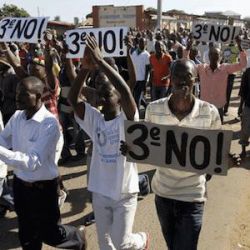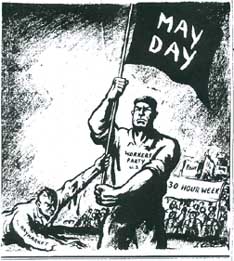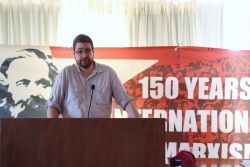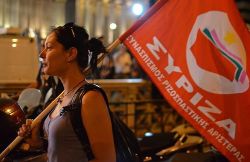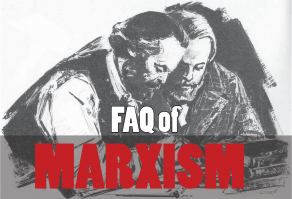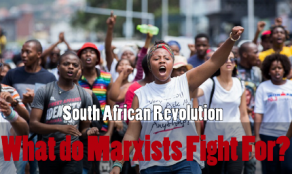Burundi: mass protests shake the regime
The fragile Great Lakes region of central Africa has been thrown into turmoil over the the past few days. Police unleashed violence against protesters in Burundi after the current president, Pierre Nkurunziza announced on Saturday, 25 April, that he intends to run for a third term as president. This unconstitutional move is undermining the Arusha Peace Agreement, which ended the 13 year civil war. It risks pushing the entire Great Lakes region into chaos and instability, and a possible return to another war.

